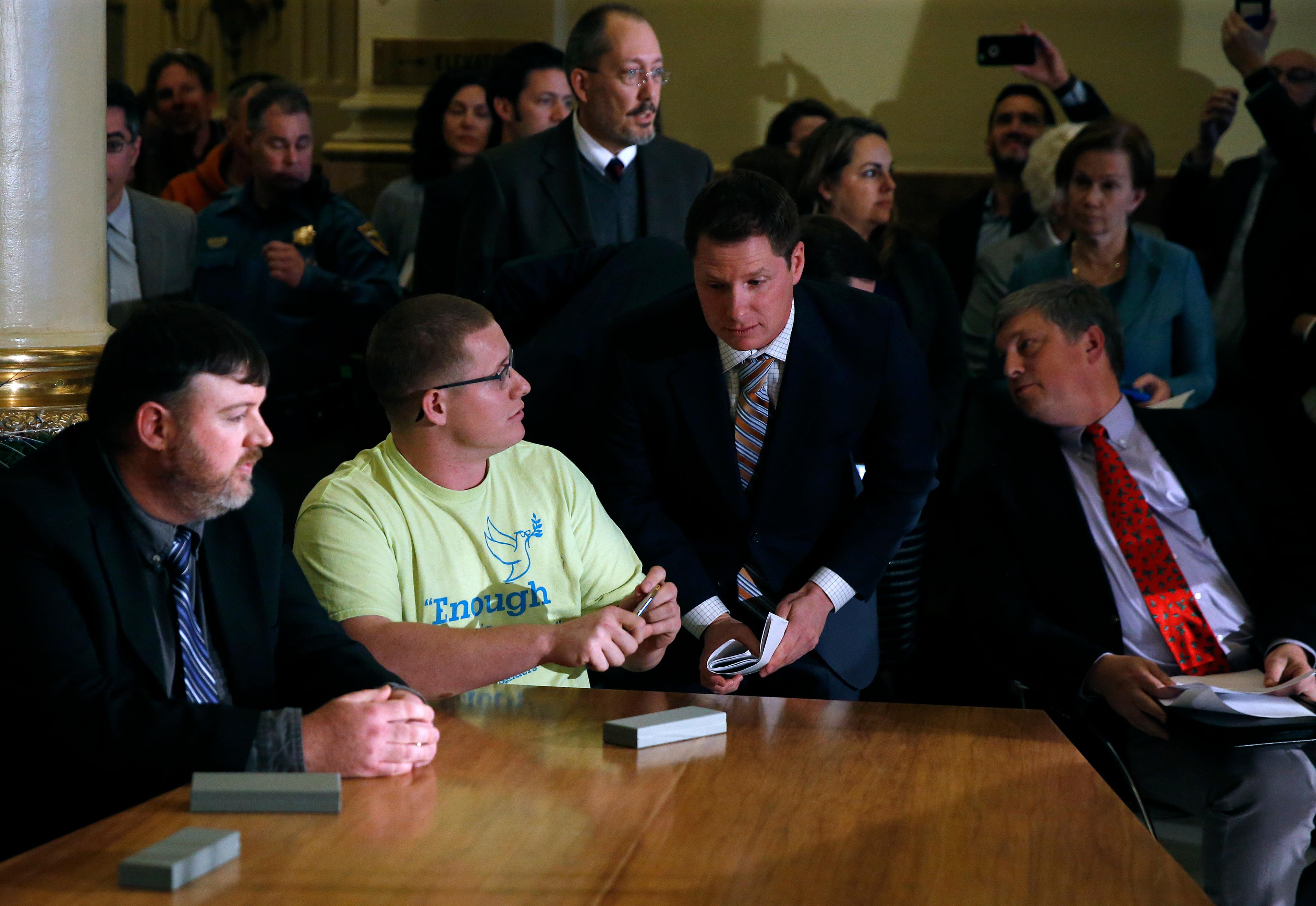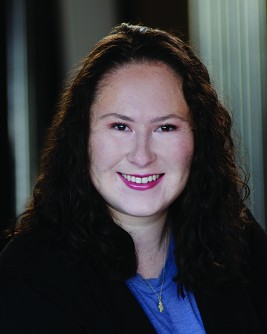
The 10th Circuit Court of Appeals ruled Tuesday that Colorado's presidential electors may choose whichever candidate they want when casting their electoral college ballots, no matter who Colorado voters chose.
That reversed a U.S. district court’s decision that bound the electors to the candidate Colorado voters chose.
The court also reversed the court’s decision that the electors are state officials who don't have the power to challenge Colorado law.
That means presidential electors may cast their electoral college ballots for any presidential candidate, not just the one who gained the majority of votes in the state. If the state appeals, the U.S. Supreme Court may ultimately decide the case.
The court said the state was wrong in removing an elector who refused to cast his vote for Hillary Clinton in the 2016 election. Voters chose Clinton to get the electoral college votes, but Micheal Baca attempted to vote for then-Ohio Gov. John Kasich instead in an attempt to keep President Donald Trump out of office, the court said. Baca was removed by the state. The court says that was unconstitutional.
In its last session, Colorado's legislature passed a law that would give the state's electoral votes to the presidential candidate who wins the national popular vote. Gov. Jared Polis signed the bill in March. That law only comes into force if states representing a majority of the electoral college pass similar laws.
Colorado Secretary of State Jena Griswold said Wednesday the decision calls into question how Colorado can enforce its state laws.
“Whether that law is electors voting for a candidate that has the Colorado majority vote or whether its electors voting for the national popular vote," she said, "we are looking into all options to ensure that my office has the ability to enforce the will of the Colorado voters.”
Griswold said she disagreed that a few people should be able to override the will of Colorado voters.
“I want to protect voters rights and believe electors should follow Colorado law,” she said.
The National Popular Vote campaign was launched after Democrat Al Gore won the popular vote but lost the 2000 presidential election to Republican George W. Bush after electoral votes were tallied.
Fifteen states and Washington D.C. have passed laws to pool their votes for the national popular vote winner, regardless of whether that candidate won the most votes in the given state.
According to supporters, the laws give voters more power. Opponents argue the opposite.
"Your vote is very personal and you don't want to see that canceled out by states like California, Illinois and New York," said Don Wilson, the mayor of Monument and an organizer for the movement to repeal the Colorado national popular vote law. "I think the people who have jumped on this understand the value of the electoral college and what it protects us from."
CPR's Bente Birkeland contributed to this report.









